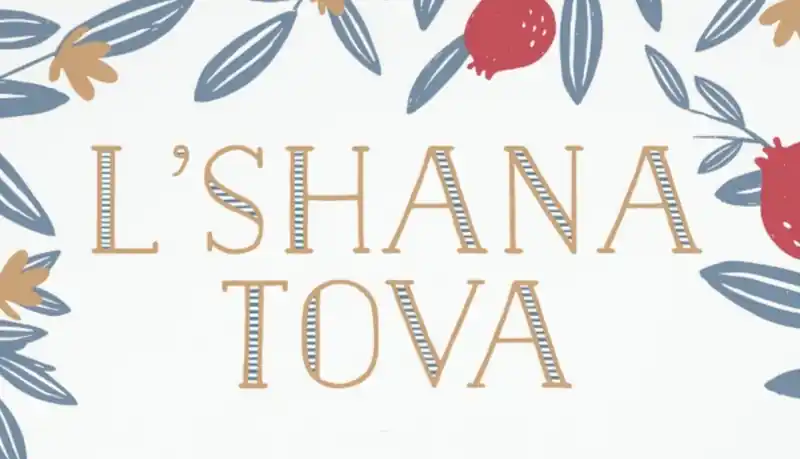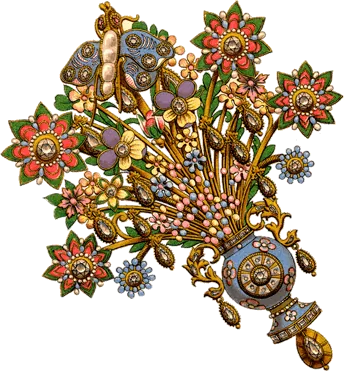Rosh Hashanah and Yom Kippur are the two biggest days on the Jewish calendar. It is customary to send special holiday greetings to friends and loved ones...
The High Holidays are a blend of joy and solemnity, feasting and fasting, prayer and introspection. The High Holidays are properly referred to as the Yomim Noraim (Days of Awe), and include Rosh Hashanah and Yom Kippur, and the ten days in between. During these ten days, it is customary to greet one another in the Synagogue with the appropriate holiday greeting. Each day has its own traditional sayings.
Rosh Hashanah
Rosh Hashanah is a celebration that marks the beginning of the Jewish new year. It begins on the first day of the Hebrew month "Tishrei". The name Rosh Hashanah means "head of the year". In the Bible, it is referred to as Yom Zikaron (Day of Remembrance) and Yom Teruah (Day of Shofar).
Rosh Hashanah is a special day to go to the Synagogue and to celebrate with friends and family. The day is spent in prayer and contemplation, and food plays a significant role as well. Although it is not a Shabbat (Saturday), work and labor is avoided because the day is like a Shabbat in that regard.
Greetings: There are several ways to wish your friends a happy new year. A few of the more common greetings include:
- L'Shana tova: Wishing your friends happy new year is as easy as saying L'Shana Tova, which means "For a good year" in Hebrew.
- Shanah tovah u'metuka: If you want to express the same sentiment but more elaborately, this phrase means "A good and sweet year."
- L'Shanah tovah tikatevu v'tichatem: A Rosh Hashanah greeting that is even more specific, this one means, "May you be inscribed and sealed for a good year."
Note ~ If it is not Saturday, please do not say "Shabbat Shalom."
Yom Kippur
Yom Kippur is the Day of Atonement. It occurs on the 10th of Tishrei and is considered the holiest and most solemn day of the year. According to Jewish tradition, it is the day when God judges people's actions and seals their fate in the Book of Life or Book of Death. On Yom Kippur, work is strictly forbidden (Leviticus 16:31), and it is observed by a 25-hour fast and by attending special synagogue services. Many people wear white to symbolize the purification that the holiday represents.
Greetings: There are several ways to wish your friends well on Yom Kippur. Some of the more common greetings include:
- G'mar chatimah Tovah: This is the traditional Yom Kippur greeting. It means, "May you be sealed for a good year [in the Book of Life]."
- Tzom Kal: Yom Kippur is a fast day, so this Hebrew greeting is appropriate for wishing your friends an easy fast.
- L'Shana Tovah: This Rosh Hashanah greeting can also be used for Yom Kippur because they are both part of the 10 Days of Awe, which runs from Rosh Hashanah through Yom Kippur.
Note ~ If it is not Saturday, please do not say "Shabbat Shalom."
General Greetings
If you are unfamiliar with Hebrew and [for that reason] feel uncomfortable saying the greetings above, there are two simpler greetings that are equally appropriate: Chag Semeach, which means "happy holidays" - or "Yom Tov", which means "good day". Of course, all of these can also be said in English. Nevertheless, these simple greetings are more general and can be used on Rosh Hashanah, Yom Kippur, or any other holiday!
Again, if it isn't Saturday, please don't say Shabbat Shalom :)


